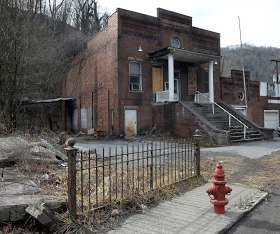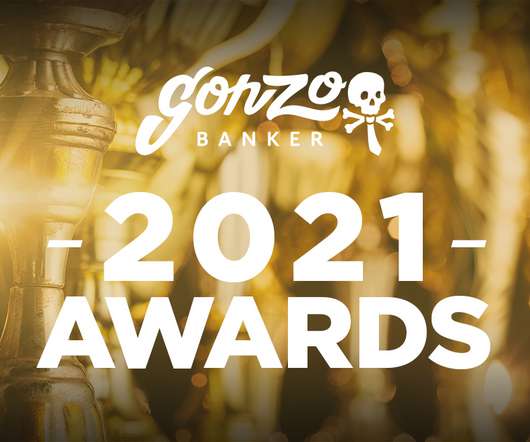Time Tried, Panic Tested. The Forgotten Story of the First National Bank of Keystone
Jeff For Banks
NOVEMBER 24, 2019
September 1st, 1999, regulators from the Federal Deposit Insurance Corp, at the behest of the Office of the Comptroller of the Currency, descended on a small coal mining town in Keystone, West Virginia. The bank, First National Bank of Keystone, was $1.1 And so went the birth of First National Bank of Keystone's meteoric rise.














Let's personalize your content